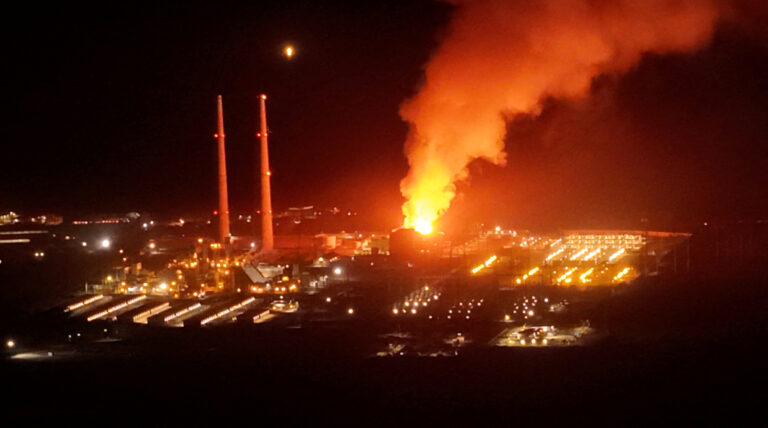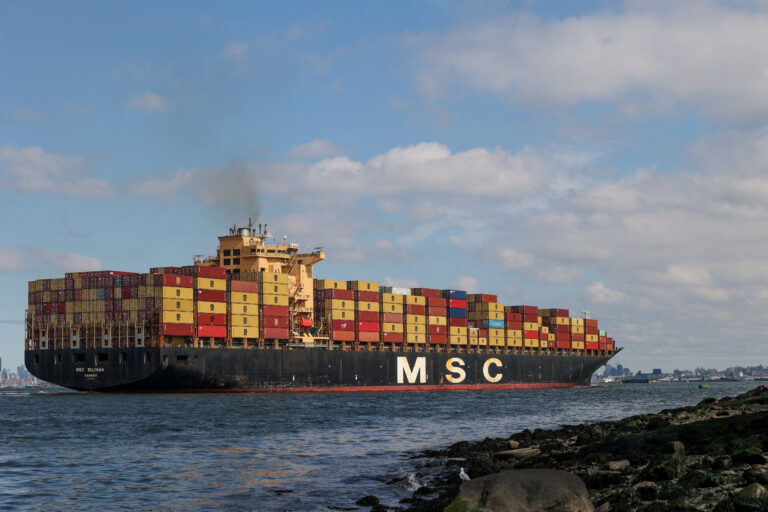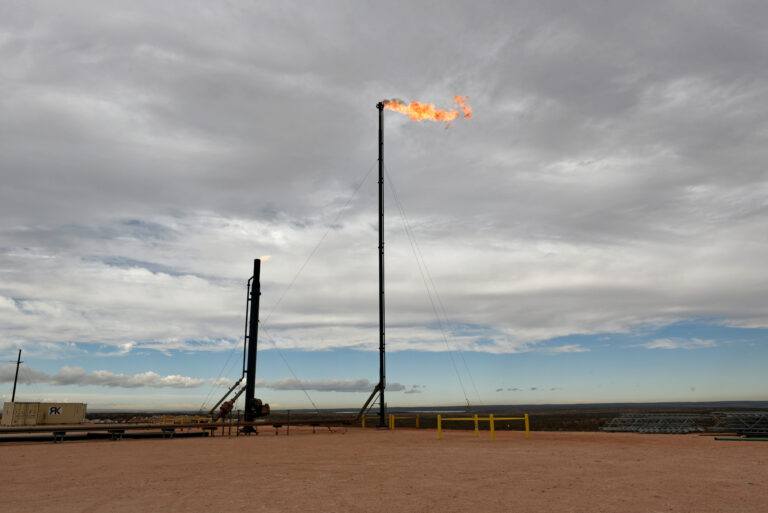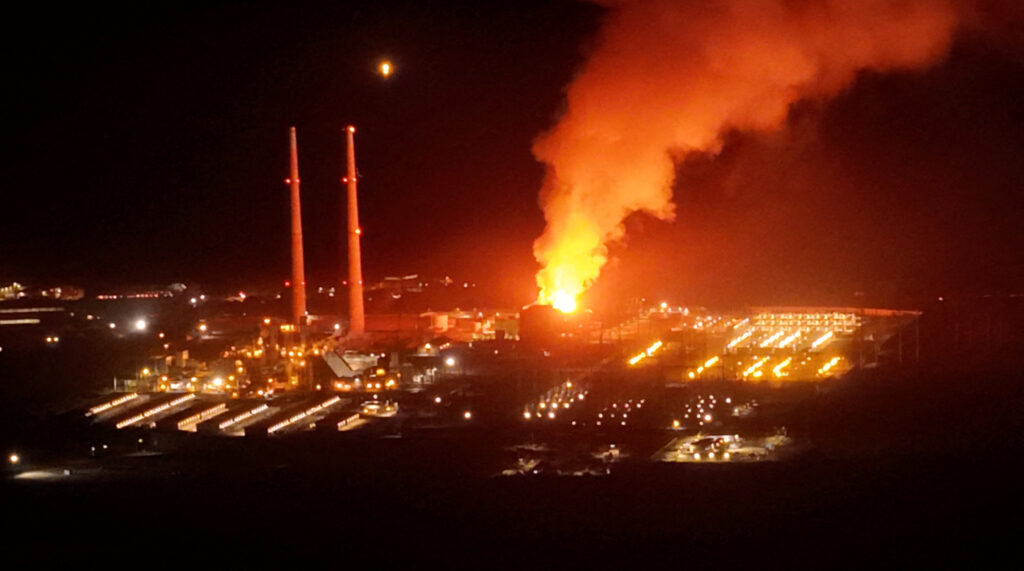U.S. airlines and airports are gearing up for the busiest Labor Day weekend, as a record number of travelers pack their bags and prepare to jet off to squeeze one last summer trip before the season ends.
The summer travel season, typically one of the busiest periods for airlines and airports, recorded robust passenger volumes this year, despite harsh weather conditions, including unprecedented heatwaves and hurricanes.
The Labor Day weekend, Thursday, August 29 to Wednesday, September 4, is expected to see 17 million people go through airport security, the busiest on record for the travel period, according to government agency Transport Security Administration (TSA), which guards U.S. transportation systems.
The agency anticipates an 8.5% jump in passenger volumes during the weekend compared to a year earlier. It has already screened 239.8 million people since the Memorial Day weekend in May, which is an average of 2.7 million per day.
“People are traveling more than ever this summer and TSA along with our airline and airport partners stand ready to close the busiest summer travel period on record during this upcoming Labor Day weekend,” TSA Administrator David Pekoske said.
Labor Day is especially popular among families as it is the final extended weekend before the school year begins for children across the United States.
According to booking data from AAA, a member organization offering travel services, roadside assistance, and insurance, the traveling cost for the weekend is down 2%.
Meanwhile, international travel bookings are down 4% compared to a year earlier, per AAA.
Road trip enthusiasts might also be encouraged to set off this weekend as fuel prices have hovered around $3.50 per gallon. The prices were at $3.38 as of last week, according to AAA. That compares with the national average of $3.81 a year earlier.
However, the increased number of travelers is expected to lead to traffic congestion.
“Drivers should expect the most severe traffic jams before the holiday weekend as commuters mix with travelers,” said Bob Pishue, analyst at transportation data provider INRIX.
(Source: ReutersReuters)




















